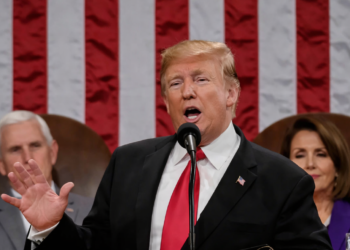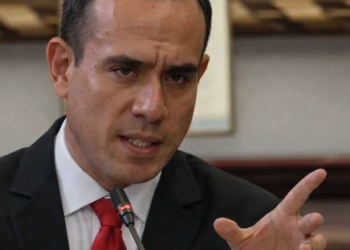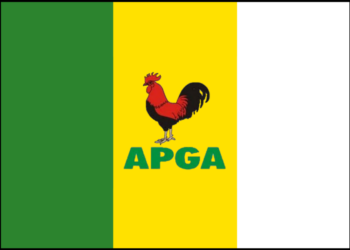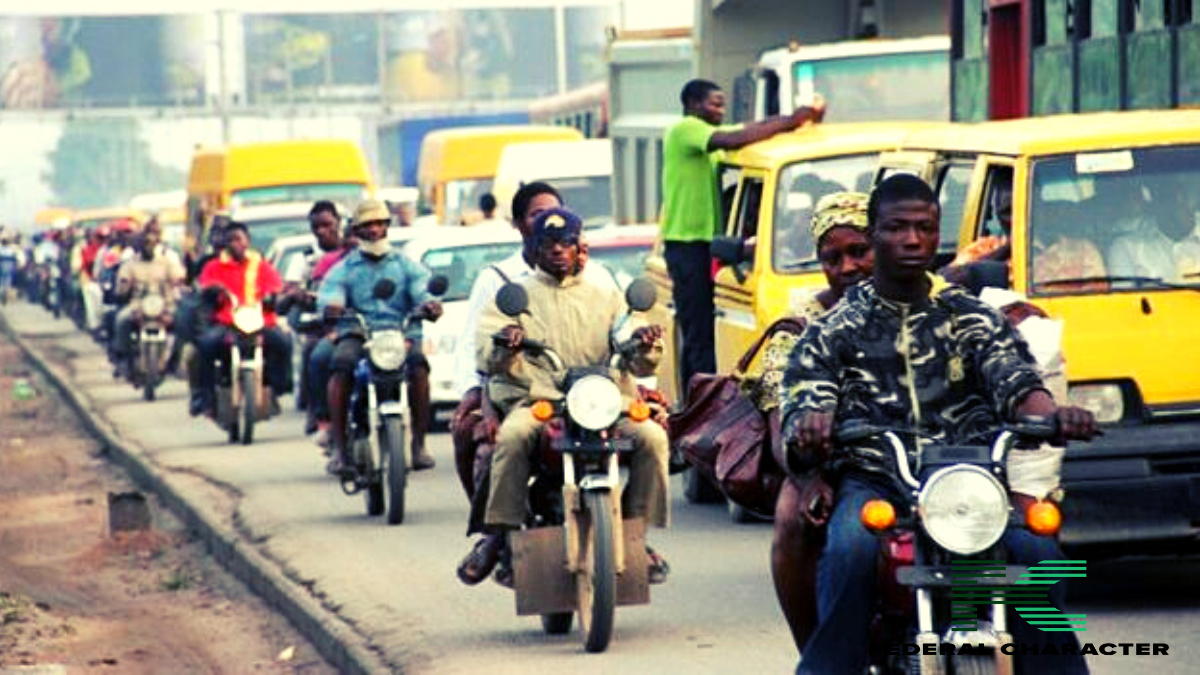Nigeria’s political landscape is being illegally saturated with 2027 election campaign materials, as billboards and social media campaigns for President Bola Tinubu and other aspirants emerge nationwide, openly defying the electoral timetable and exposing the profound powerlessness of the Independent National Electoral Commission (INEC).
The ruling All Progressives Congress (APC) stands accused as the “biggest offender,” with giant billboards in Abuja and other major cities proclaiming “Grassroots Support for Tinubu 2027.” This blatant pre-campaigning has triggered a fierce public backlash, not just against the politicians, but against an electoral body that appears to be a regulator without teeth.
At the heart of the crisis is a critical loophole in the Electoral Act 2022. While Section 94(1) states that public campaigning should commence 150 days before polling day, the law provides no sanctions for violations ahead of this window. Outgoing INEC Chairman Mahmood Yakubu laid bare the commission’s helplessness, stating, “There is no sanction whatsoever concerning breaches for campaigns earlier than 150 days to an election. Here lies the challenge for the Commission.”

This legal vacuum has created a free-for-all. Politicians and their supporters exploit cultural festivals, project commissions, and social media with impunity, hiding behind the convenient defense that these are the actions of unauthorized “third parties.” The Presidency has denied involvement in the Tinubu billboards, but its demand for their removal was ignored—a stark demonstration of the lack of enforceable authority.
Why It Matters
This is a fundamental test of Nigeria’s democratic integrity. The spectacle of a powerless INEC signals to all political actors that the rules are optional. It creates a deeply uneven playing field, where the ruling party can leverage its incumbency and resources to kickstart its campaign years in advance, while opposition groups scramble to catch up.
The solution, as proposed by former INEC Chairman Attahiru Jega, is clear: the law must be amended to clearly define premature campaigning, impose stiff penalties, and hold candidates vicariously liable for the actions of their supporters. Until then, INEC’s warnings are just noise, and Nigeria’s elections will begin not on a date set by the commission, but whenever the most powerful candidates decide they should.

















